Greens push to ban coal, oil, gas projects to save Great Barrier Reef
Matt Canavan has blasted the Greens push to condemn any new Qld coal, oil or gas projects they claim are contributing to a global warming level that would kill 99 per cent of coral reefs.
Mackay
Don't miss out on the headlines from Mackay. Followed categories will be added to My News.
The Greens latest attempt to ban any new coal, oil and gas mines in Australia to protect the Great Barrier Reef following the fifth mass coral bleaching in less than a decade was rejected in the Senate.
Tasmanian senator Peter Whish-Wilson moved the motion on Thursday, calling on Environment Minister Tanya Plibersek to “witness” mass bleaching and coral death in person, and to stop approving fossil fuel projects.
Mr Whish-Wilson said the UN confirmed 2023 was the hottest year on record “by a clear margin”, indicating the world had breached the critical global warming threshold of 1.5 degrees celsius.
“At 2 degrees Celsius warming, 99 per cent of the world’s coral reef will die,” the motion noted, backed by science by NASA, which notes 1.5 degrees of warming could destroy up to 70 per cent.
That would be a huge problem for tourism operators, the $6bn industry around the Reef, and the 64,000 jobs it supported, the motion stated.
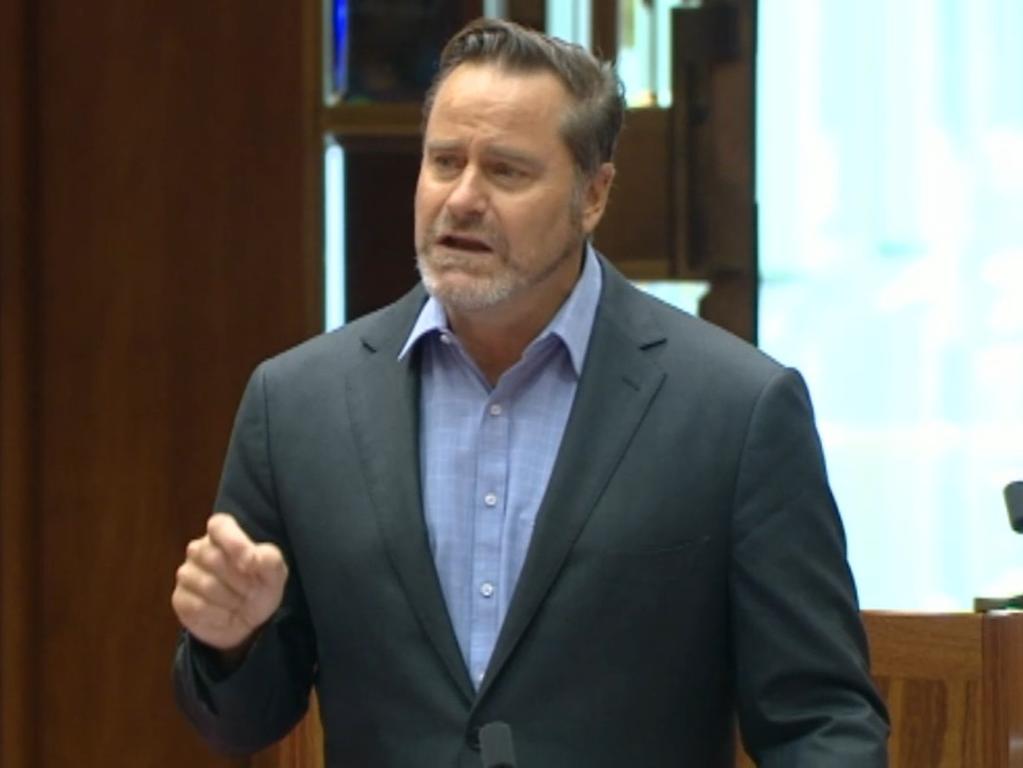
But Queensland Senator Matt Canavan rebutted, pointing to an Australian Institute of Science study from 2022 noting parts of the Reef had recovered to register the highest levels of coral seen in 36 years, calling it a “clear problem” in the Greens’ argument.
He then questioned the accuracy of scientific claims that 2 degrees warming would exterminate coral as he queried whether it was “being used to pursue some other agenda”.
According to NASA, at two degrees of warming, humans risk “irreversible loss” to marine and coastal ecosystems, while even 1.5 degrees threatens the mangroves which act as natural protection barriers against storms, waves, and rising seas.
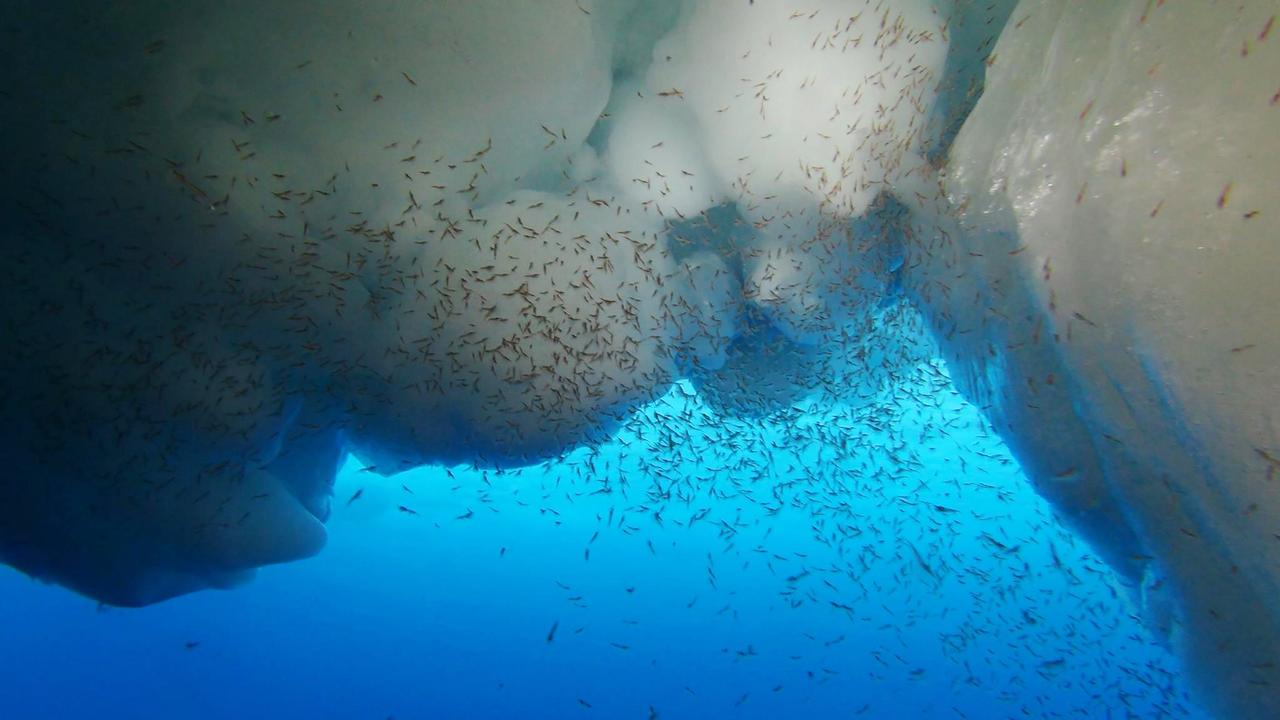
Smaller creatures can be completely wiped out in hotter seas, which would have ripple effects on every higher level in the food chain.
Some phytoplankton — microscopic creatures which use photosynthesis to create oxygen in the oceans — could switch from producing oxygen to emitting carbon as the oceans warm, a disturbing potential tipping point.
Mr Canavan said the Greens’ claims new coal mines would “kill the reef” were “propaganda”.
“People where I live and the people of Central and North Queensland are sick and tired of being used as a political football,” he said.
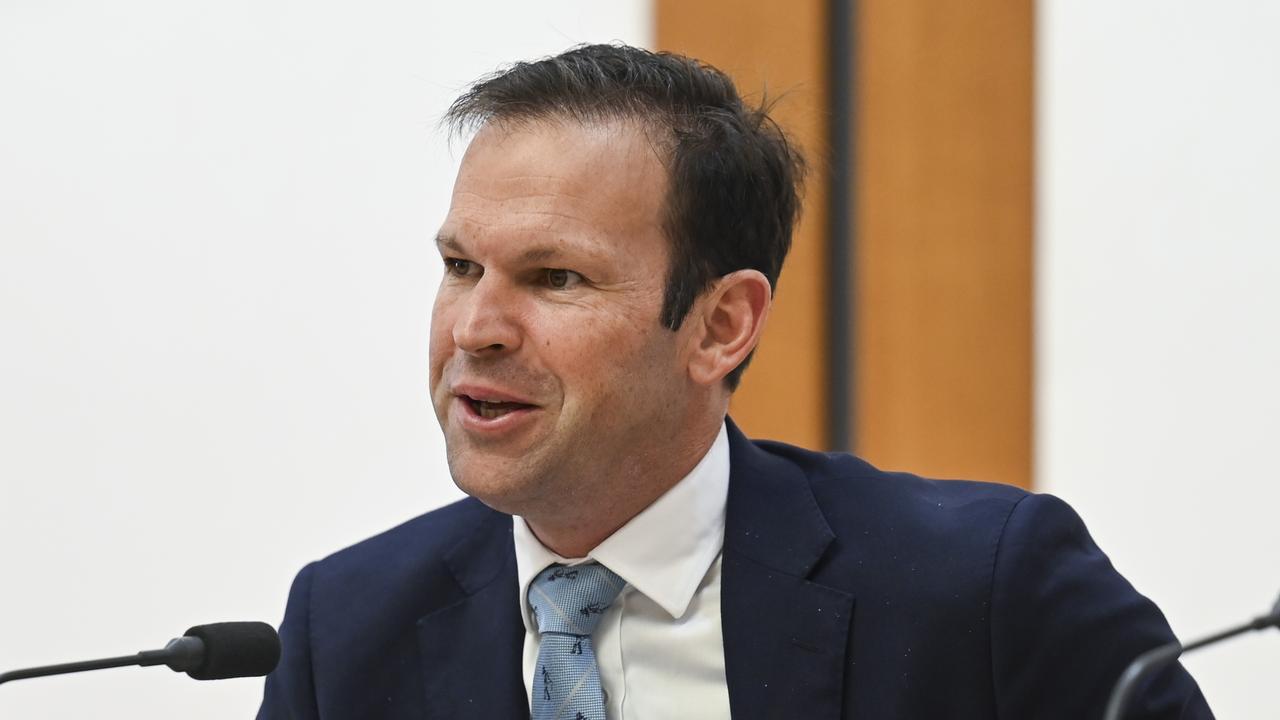
Mr Canavan said the 2017 Deloitte report, where the 64,000 jobs and $6bn tourism value figures originated, had counted people flying into Moranbah in the coal-rich Bowen Basin as tourists visiting the reef.
But the report does not once mention Moranbah or the Isaac region where the town is located.
The report states the reef’s “unique tourism offering” attracted millions of tourists each year with holiday-makers comprising half of all overnight stays in the GBR regions of the Wet Tropics, Burnett Mary, Burdekin, Fitzroy, Mackay Whitsunday and Cape York.
Deloitte valued these stays at $5.7bn, deducing the GBR also value-added $162m to the economy via commercial fishing and aquaculture; $346m from recreation, boating, sailing and visiting islands; and $182m from scientific research and reef management.
Mr Canavan argued the mining workforce helped keep the GBR tourism afloat as activities like scuba diving were becoming so expensive that international tourists were choosing to stay elsewhere.
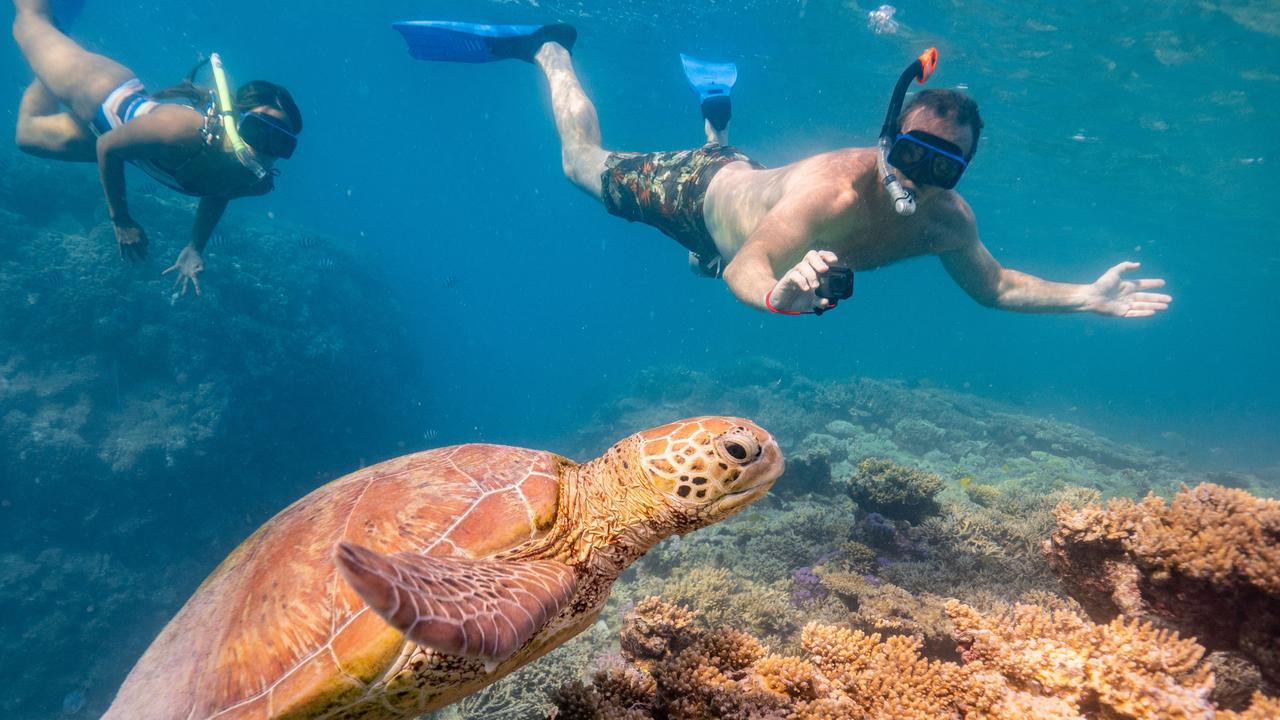
Queensland senator Gerard Rennick also spoke out against the Greens’ motion, and said there was “way too much fear mongering” about the reef.
Mr Rennick claimed the reason corals had recovered on the reef was because there had been “very few” cyclones over the past decade which not only ripped up coral but released “enormous dumps of freshwater” via rivers flowing out to sea.
Climate scientists warn that cyclones will likely increase in destruction in a warming climate, with more energy trapped in the atmosphere, feeding into them.
But they may also be less frequent as a result — as cyclones are formed in the tension between a warm ocean and cold atmosphere.

WA Greens senator Jordon Steele-John said Labor governments, both state and federal, were “robbing future generations” of the chance to enjoy the “precious wonder” of the GBR.
Mr Steele-John further called on Ms Plibersek to use her power for good and reject the expansions of North West Shelf’s and Woodside’s gas projects, stating the “catastrophic” bleaching of the Reef was indisputably linked with the burning of coal, oil and gas.
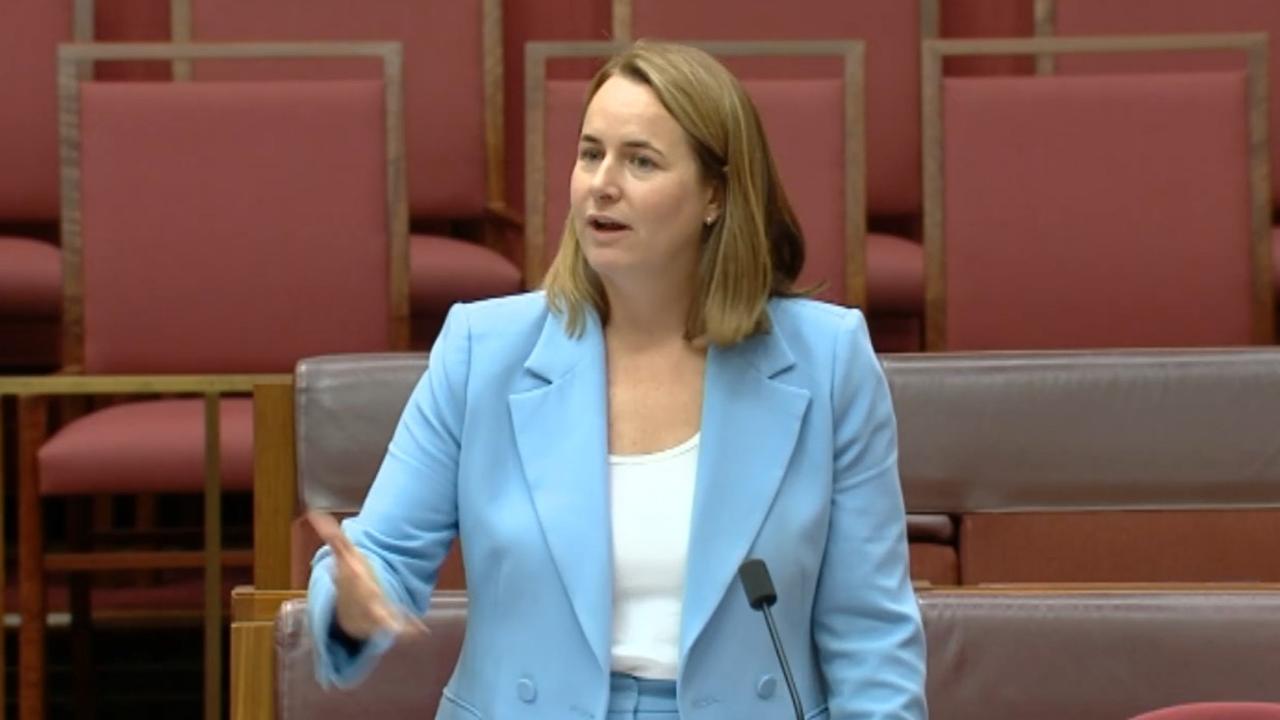
Queensland senator Nita Green said Labor’s was doing “more than any other government has done previously” and it had acted with transparency and accountability as opposed to the previous government’s “10 years of delay and denial”.
“Beyond our shores, we’ve worked incredibly hard to restore our international credibility when it comes to climate change and the environment,” she said.
“We are among the best reef managers in the world, and we’re proud to share that reputation.”
In rejecting Mr Whish-Wilson’s motion, Ms Green said they must bring people together including tourism operators to protect the GBR, not “divide and make this a political debate”.
The motion failed to receive majority support and was rejected.
More Coverage
Originally published as Greens push to ban coal, oil, gas projects to save Great Barrier Reef









